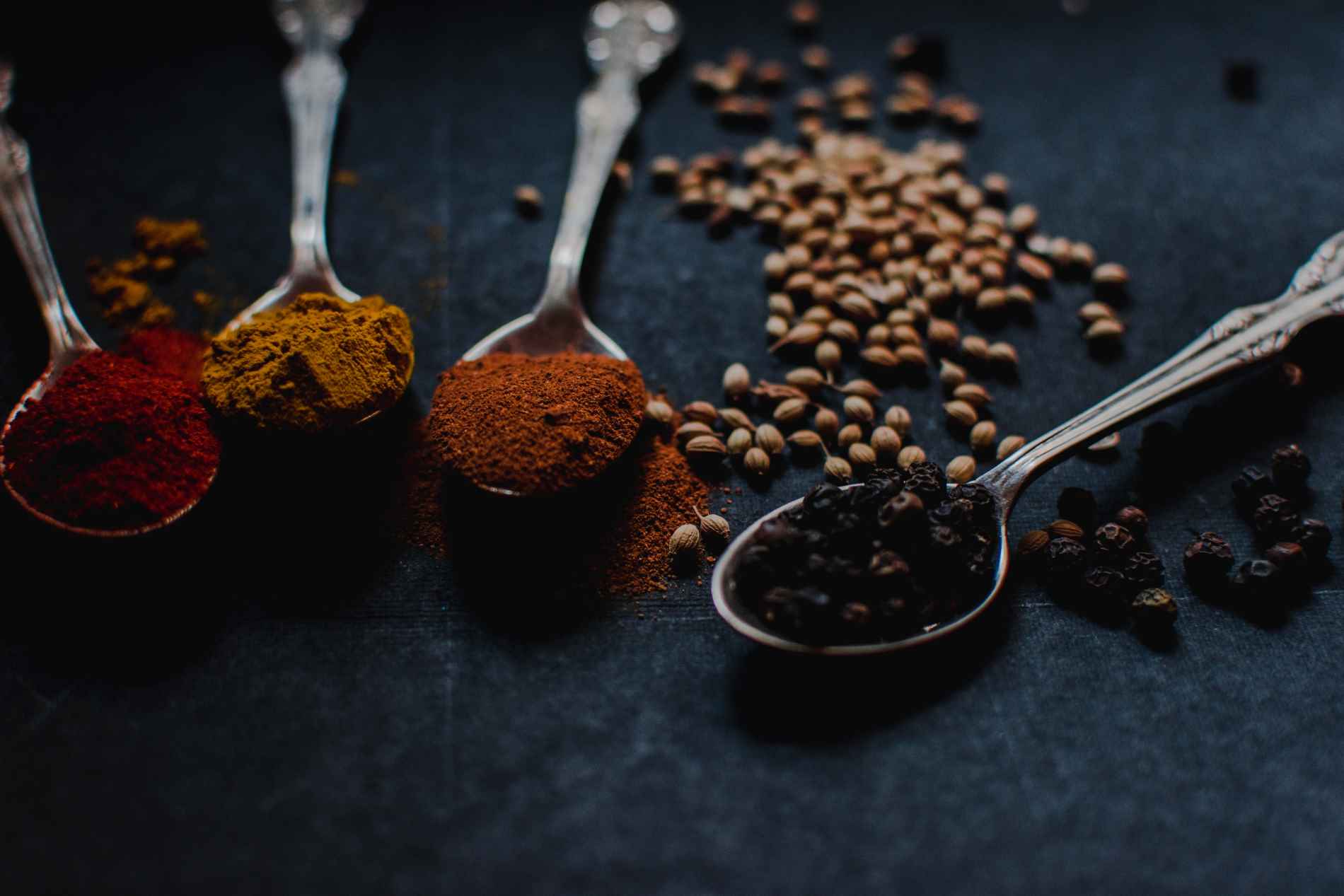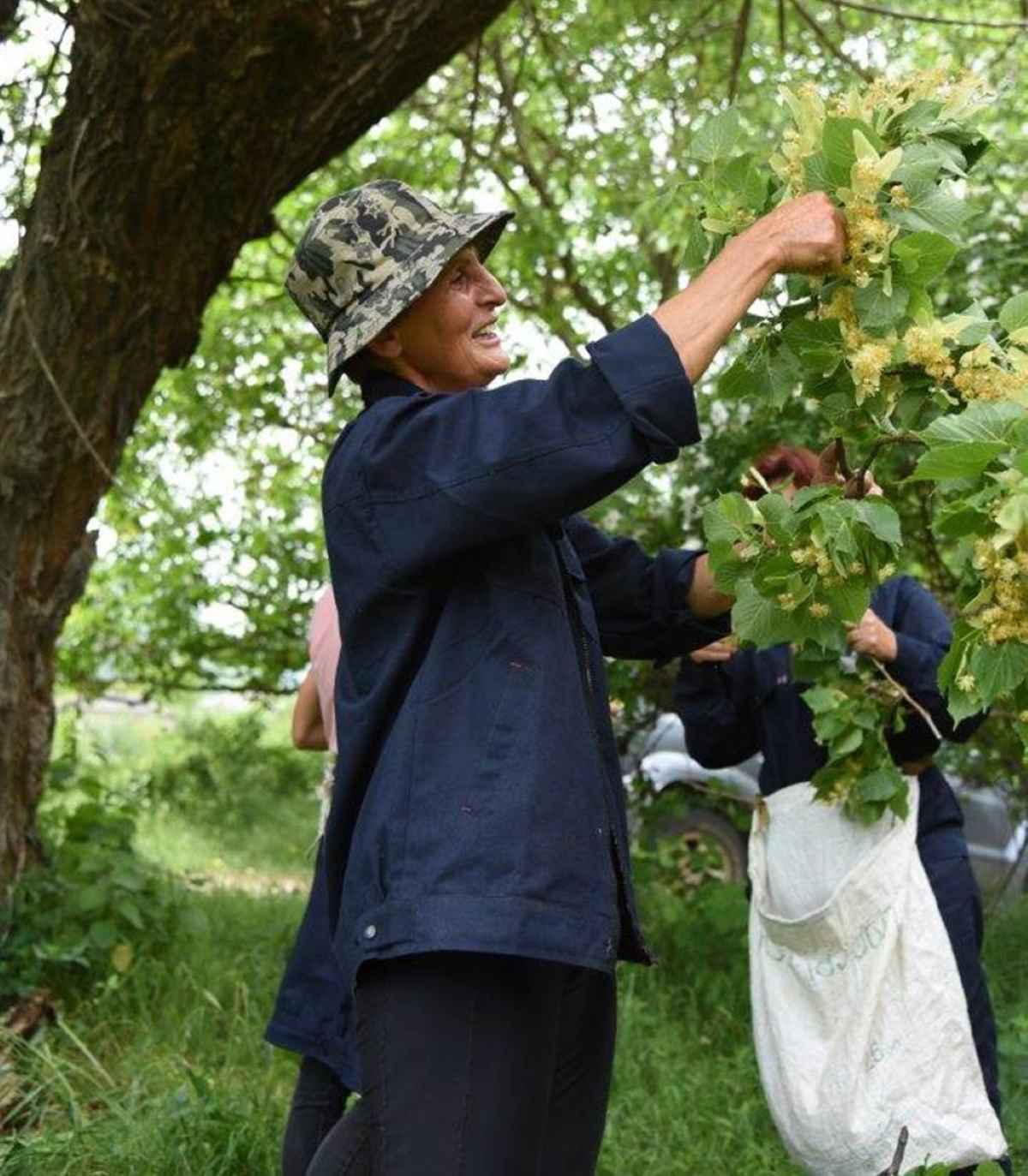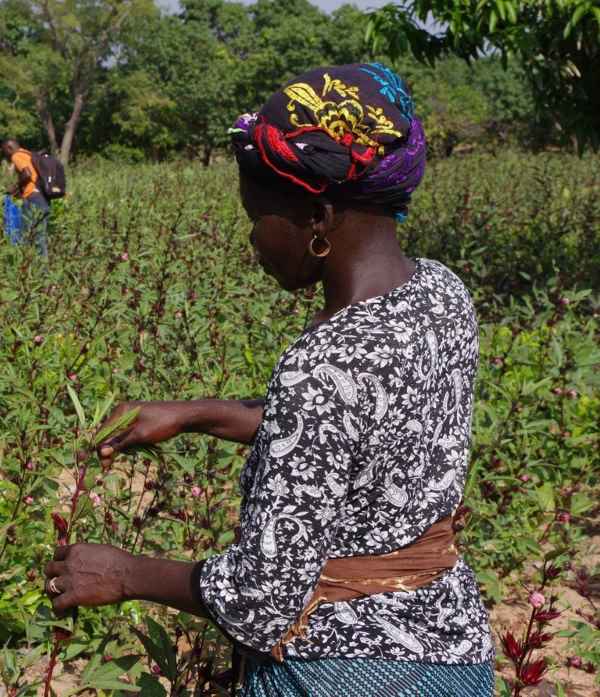
Sustainable Spices | Adding Ethics To Your Spice Rack
Where would we be without the explosion of flavour in our cupboards? Spices are a cornerstone of our diets. A tiny ingredient with a huge impact. But beyond their bold flavours hides a supply chain of exploitation. To truly ensure our cupboards are ethical, it’s time our spice racks get a revamp.
SPICES AND THE ENVIRONMENT
UNETHICAL PRACTICES
The spices industry heavily relies on the exploitation of small local farmers. These workers are often unfairly paid, and face poverty and food insecurity. The poor labour conditions also threaten field workers, often women and children, on the farms and in the processing operations. Rik Kutsch Lojenga, Executive Director of UEBT, a global expert on ethical sourcing of botanicals explained the need for sustainable spices: “Depending on the crop and country, herbs and spices production faces various social challenges including not paying minimum or living wages to workers, not paying decent prices for local farmers, and in some cases child work.”
Due to the lack of supervision over supply chains, the environment is neglected. Poor agricultural practices, and uncontrolled agrochemical use results in large amounts of wastewater and pollution. “There are also environmental challenges such as over-reliance on agrochemicals leading to contamination of fields and waterways.” – Rik continues – “In addition, herbs and spices production relies on healthy functioning ecosystems but changing weather conditions due to climate change, land degradation, and soil depletion are adversely affecting production in many regions around the world.”
By following sustainable practices, farmers can significantly reduce the negative impacts on the environment. This means that the sustainable production of spices becomes an important element in a diversified farmer livelihood strategy, strengthening smallholder households’ economic resilience.
EXTENDED SUPPLY CHAIN
Extended supply chains are used by large companies to transport exotic goods. Our pineapples and mangos travel thousands of miles before they reach our kitchens, passing over various suppliers and distributors. Due to how large this chain is, it is easy for exploitation to take place. Often, the farmers at the beginning of this chain are paid almost nothing, yet these large corporations are taking home millions of revenues. The long chains ensure exploitation continues, alongside a lack of transparency over environmental concerns.

CAN SPICES EVEN BE SUSTAINABLE?
FAIRTRADE SPICES
Fairtrade spices are a great option to look for in your local supermarket. Fairtrade certification focuses on reducing poverty in supply chains by providing ethical wages for workers. For several long-standing Fairtrade herbs and spices, such as rooibos and vanilla, there is a Fairtrade Minimum Price aimed at covering the costs of sustainable production, as well as a Fairtrade Premium on top of that price. To improve local communities, Fairtrade created the Fairtrade premium to help invest in education and healthcare for the farmers and labourers.
SINGLE-ORIGIN SPICES
Single-origin spices also give back to the farmers and their communities. By removing the middleman in the supply chain, the consumer instead buys straight from the source. This makes the supply chain not only more sustainable but also more ethical. Single-origin spices are also known to be of better quality and have a greater flavour, due to more transparency over the storing and age of spices in the chain.
GROW YOUR OWN
This requires a bit of a green thumb, but growing your own spices is a great way to source sustainable and affordable flavour right in your own home. This is limited depending on the climate you live in. But many spices can be grown and dried at home. Coriander, mustard, and garlic are some great options for those starting out. Make sure you store your spices in airtight containers, in a place without direct sunlight.


THE HERBS AND SPICES PROGRAM
The Herbs and Spices Program is a joint venture by two non-profit organisations: The Rainforest Alliance and the Union for Ethical BioTrade (UEBT). Beginning in 2022, This new program brings together the current UEBT/UTZ Herbal Tea Program along with the UTZ and Rainforest Alliance certification programs for herbs, spices, rooibos, and vanilla. The partnership aims to “improve the conditions for growing herbs and spices at the farm level, promoting practices that help farmers, pickers and biodiversity to thrive.”– Rik says.
In order for an organisation to be certified, the company must go through a long process. As Rik describes, “alliance requirements are focused on human rights and critical social and environmental considerations. Requirements also include additional social, environmental, and economic criteria that contribute to positive impacts such as conservation of biodiversity, practices to promote climate resilience, impacting workers’ rights and more.”
The programme itself cannot guarantee perfect ethical practices. “It is important to know that no single certification program can guarantee 100% ethical practices” – Rik explains. But the partnership works incredibly hard to ensure ethics to the best of their ability: “Working in this programme means that these suppliers are being checked in the field by trained experts on whether they meet the UEBT and the Rainforest Alliance requirements such as decent prices paid, on-site worker health conditions, restrictions on forest clearing, protection of endangered species and pollinators, and reducing agrochemicals, and much more.”
Not only is the certification process thorough, but the assessment process is too. “Independent experts visit and assess the local company, and this also includes an assessment of forests and/or agricultural lands, and interviews with harvesters, farmers, farmworkers, smallholders, and/or pickers.” Rik says certification is only granted after these various checks: “The companies have to address any gaps before they can receive the positive recommendation to get certified.”
To easily identify granted spices, there is a special seal to look out for. “All herbs and spices certified under this program can carry the Rainforest Alliance Certified seal. As an increasingly recognized symbol globally, the Rainforest Alliance certification seal assures organizations and consumers alike that buying a labelled supports more environmentally and socially responsible practices”- Rik says.
+ Words:
Emily Fromant
Luxiders Magazine






